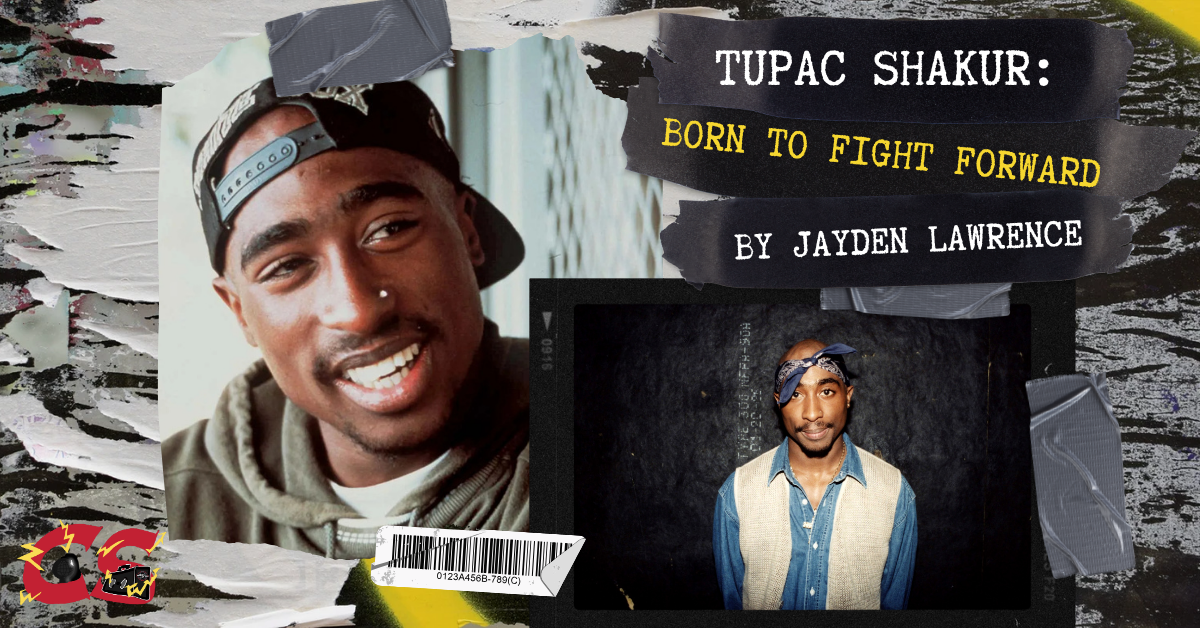by Evan Bruner
It’s barely been a month since Lionel Messi’s MLS debut, but in his limited time playing on American soil, he’s managed to do more for soccer than most American players do in a lifetime. Since joining Inter Miami, Messi has led what was statistically the worst club in the league and one of the worst in all of North America to seven straight victories and the first tournament championship in team history.
Messi’s dominance shouldn’t come as a surprise to anyone. He signed his first professional contract when he was 13 and debuted for Barcelona’s top club at 16. He then spent the next two decades dominating the best players, teams, and managers the sport had to offer. The MLS marks the lowest level of competition he’s faced in at least 20 years.
Players coming from Europe to the MLS in the twilight of their career isn’t a breaking development. But what separates Messi from most of them is that he came to America by choice. Whereas most MLS acquisitions from overseas are players that are no longer good enough to play for Europe’s top clubs, Messi had interest from several, including an offer from Champions League runner-up Inter Milan.
While Messi’s decision to come to America came as a shock to many, it was a no-brainer for the MLS. For a league that’s been viewed by fans as second-rate, being tied to one of the most famous athletes ever gives the league newfound international relevance. Messi’s rapidly growing popularity among Americans is nothing in comparison to the legion of fans he has in Europe and South America. Wherever Messi goes, his fans follow, and as a result, he’s bringing millions of eyes to America’s top soccer league.
No matter how you look at it, the MLS is booming. Ratings, ticket sales, and engagement have skyrocketed this summer and show no signs of declining anytime soon. The short-term benefits of signing Messi can’t be overstated, but the immediate success of the MLS Messi partnership gives way to another, possibly more significant, question: can he change how Americans view soccer?
Although he’s still one of the best players in the world, it’s no secret that Messi’s illustrious career is coming to an end. The concern for the MLS is that once Messi is gone, many of his fans who only watched the league for him no longer have a reason to do so. Unless the league adopts the controversial Saudi Arabian model of offering players ridiculous sums of money, getting other top-flight players to join the league isn’t a sustainable approach. Instead, the future growth of the league is contingent on getting more Americans to care about soccer.
As of now, the sport lags well behind the big three American sports: football, basketball, and baseball. The less coverage a sport gets, the less interest youth athletes have in participating in it. This means the country’s best athletes are generally drawn to other sports, and soccer is stuck with the leftovers.
The attention Messi is bringing to the MLS has made the sport difficult to ignore. Ideally, new fans who previously expressed little interest in soccer learn to appreciate not only Messi, but the sport as a whole and continue to watch for years to come. Getting European fans invested in the MLS when they have much better leagues in their backyard is futile, but proximity works in the league’s favor when it comes to American audiences.
Greater interest and exposure would likely draw more kids to the game, which would help improve the country’s overall talent pool. This is especially important to the MLS because most of its players are from the United States. If the country continues to churn out better players, the league will naturally improve as a result.
The dream scenario for the MLS is the league becomes respected enough that some of America’s top players forgo opportunities in Europe to stay home. While this is many years away, an improved league could make for a viable option for younger American players trying to develop.
American soccer has long been subjected to a chicken or egg type of debate. Is the men’s team not as good because the country doesn’t care enough about soccer, or does the country not care about soccer because the men’s national team isn’t very good? The answer is probably some combination of the two, as they compound on one another, creating a vicious cycle. Lionel Messi alone can’t make up for decades of prioritizing other sports over soccer, but his signing could be the first domino to fall in a much bigger chain reaction.







